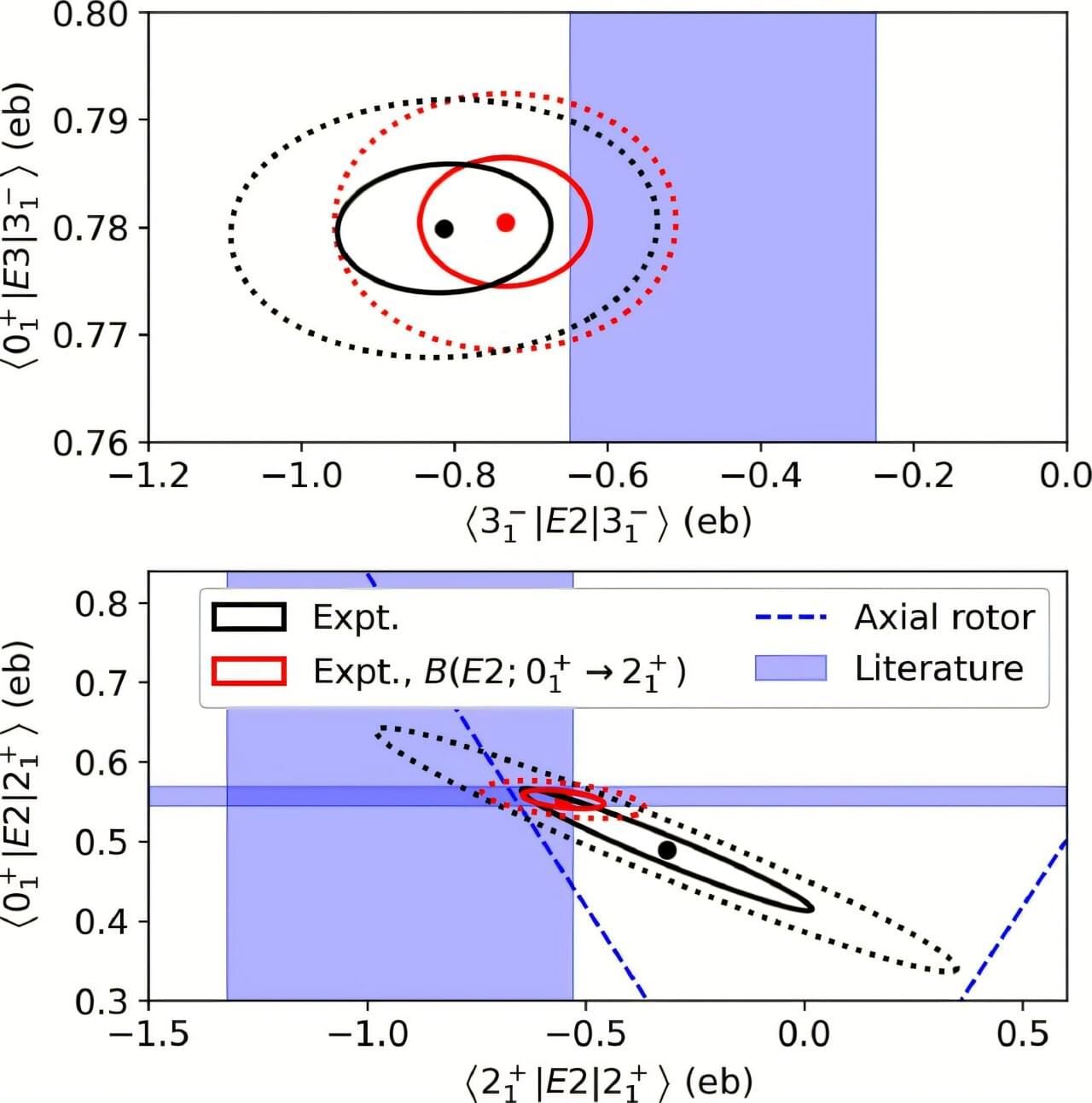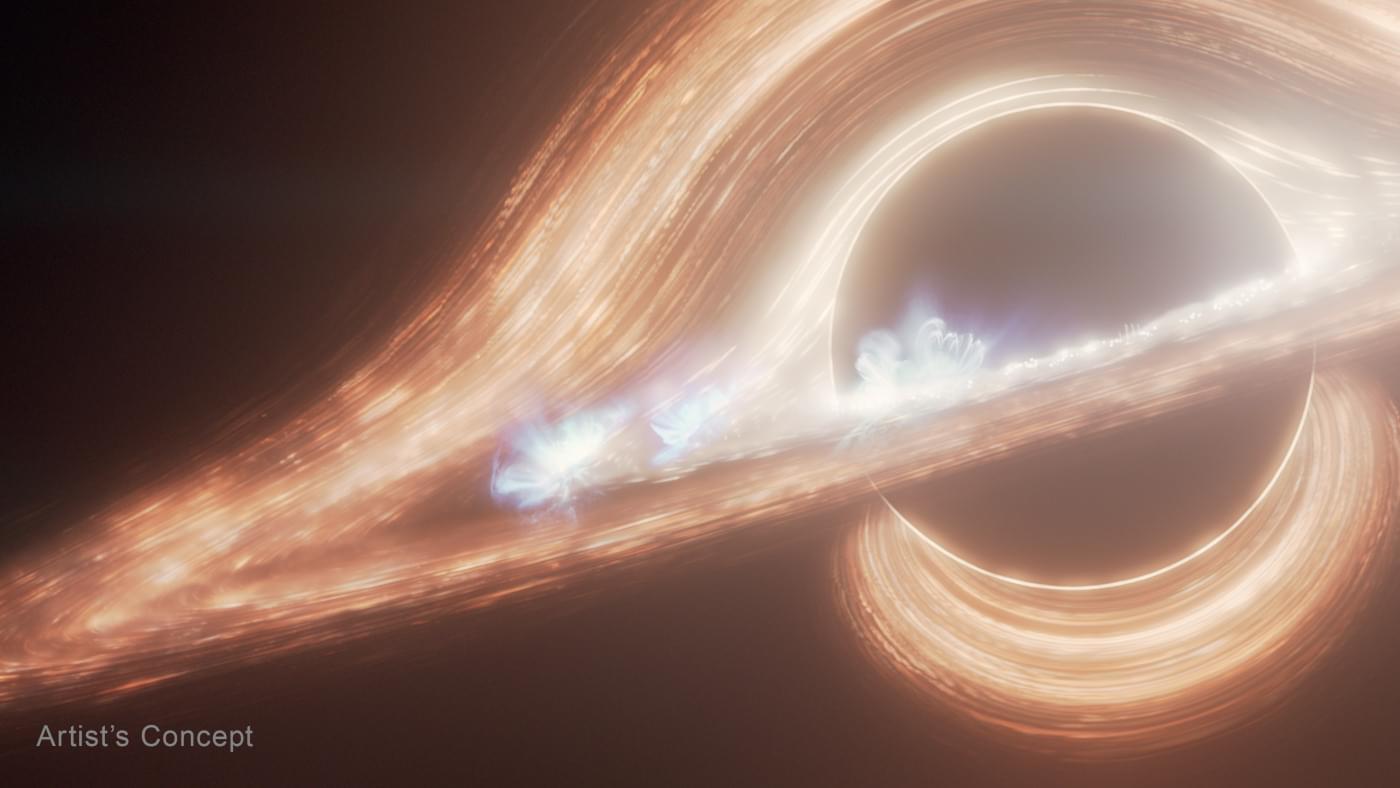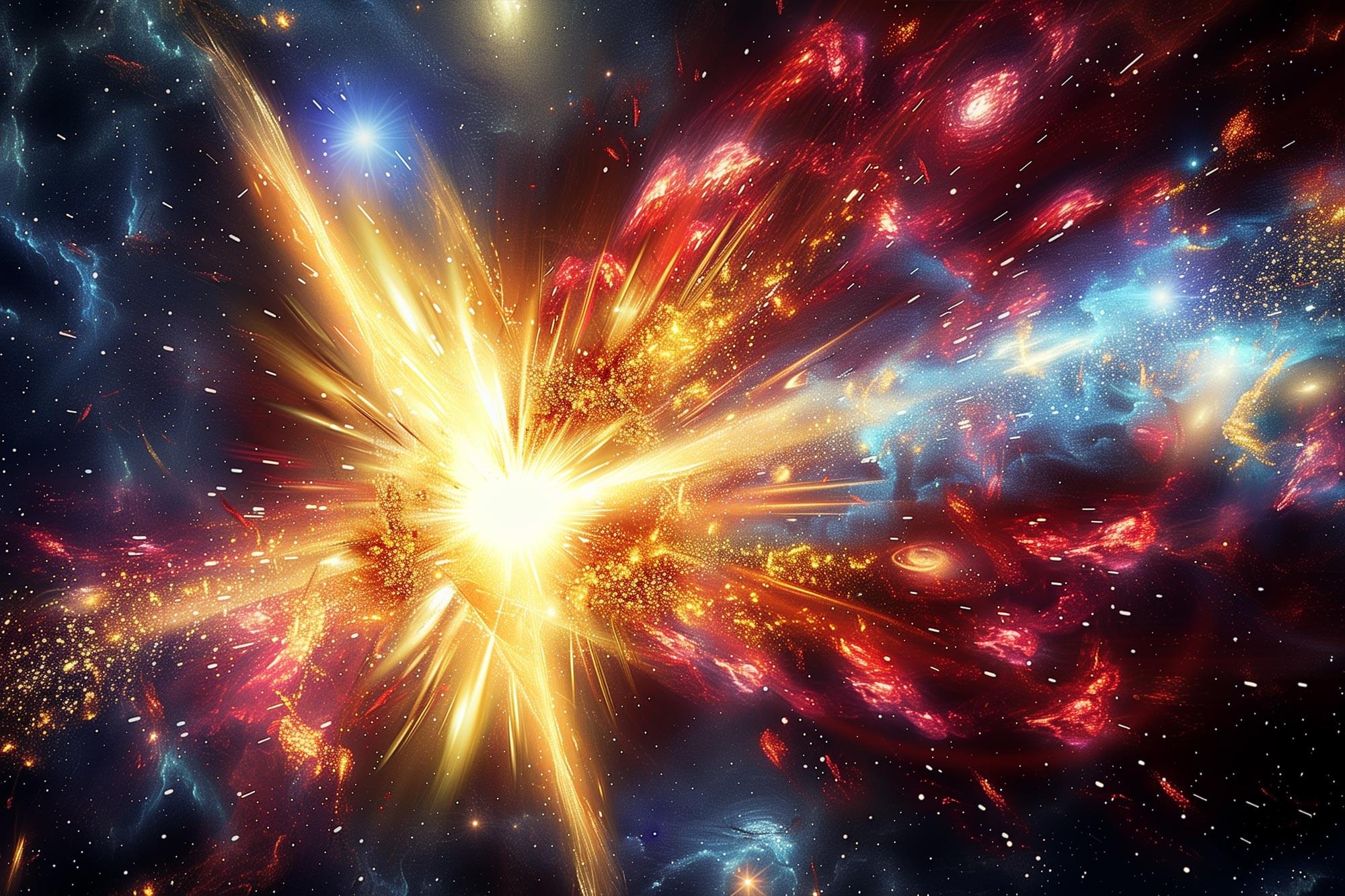The practice of purposely looping thread to create intricate knit garments and blankets has existed for millennia. Though its precise origins have been lost to history, artifacts like a pair of wool socks from ancient Egypt suggest it dates back as early as the third to fifth century CE. Yet, for all its long-standing ubiquity, the physics behind knitting remains surprisingly elusive.
“Knitting is one of those weird, seemingly simple but deceptively complex things we take for granted,” says theoretical physicist and visiting scholar at the University of Pennsylvania, Lauren Niu, who recently took up the craft as a means to study how “geometry influences the mechanical properties and behavior of materials.”
Despite centuries of accumulated knowledge, predicting how a particular knit pattern will behave remains difficult—even with modern digital tools and automated knitting machines. “It’s been around for so long, but we don’t really know how it works,” Niu notes. “We rely on intuition and trial and error, but translating that into precise, predictive science is a challenge.”






